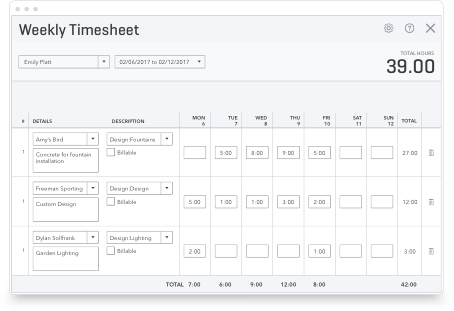As an employer, you are obligated to give your employees vacation time. The exact amount varies based on your industry, how long your employee has been with the company, and the province in which your business resides. Here is an overview of the basics.

Vacation and Holiday Policies by Province
Federally Regulated Employees
If your business is in one of several regulated industries, you must follow the vacation time standards set by the federal government. These businesses include banks, port services, marine shipping, transportation that crosses provincial borders, communication and broadcasting companies, grain elevators, and uranium mines. Additionally, Crown corporations, many First Nation activities, and businesses devoted to protecting fisheries fall into this category.
If you run a federally regulated business, you must give your employees at least two weeks of paid vacation when they complete 12 months of service. After they have worked for you for six consecutive years, you must give them at least three weeks of vacation annually. In addition to vacation pay, you must also extend holiday pay for the following statutory holidays: New Year’s Day, Good Friday, Victoria Day, Canada Day, Labour Day, Thanksgiving, Remembrance Day, Christmas, and Boxing Day.
Only about 6% of Canada’s workforce falls into this category, and in all other cases, you need to observe provincial laws regarding holidays and vacation pay.
Accumulating Vacation Time in the Provinces
In every province in Canada, you must give your employees vacation time after they have worked for you for 12 consecutive months, but your employees typically start accumulating vacation pay on the first day of work. In British Columbia and Newfoundland and Labrador, vacation time doesn’t start accruing until the fifth day on the job.
In most provinces, you must give your employees two weeks of vacation time every year after the first year, but if your business is in Saskatchewan, you must give your employees three weeks per year. Alternatively, in Quebec, you should offer one day of vacation for every month worked; this means that after the first 12 months, your employees should have earned 12 days of paid vacation.
Extending Vacation Pay
As your employees spend more time with the company, you may want to offer them more vacation time as a thank you for their service. In Ontario and the Yukon, you are not legally obligated to extend vacation time based on tenure. However, most other provinces require you to offer extended vacation pay after a certain amount of time.
In British Columbia, Manitoba, Quebec, Nunavut, and the Northwest Territories, you have to give your employees three weeks paid vacation after their fifth year. Alternatively, in New Brunswick, Nova Scotia, and Prince Edward Island, you must offer employees three weeks vacation pay after the eighth year. In Newfoundland and Labrador, you don’t have to offer three weeks vacation until after the 15th year, and in Saskatchewan, you must give four weeks after the 10th year. The amount of vacation pay you must offer may also increase after this time period, so it is important to understand the laws in your province.


